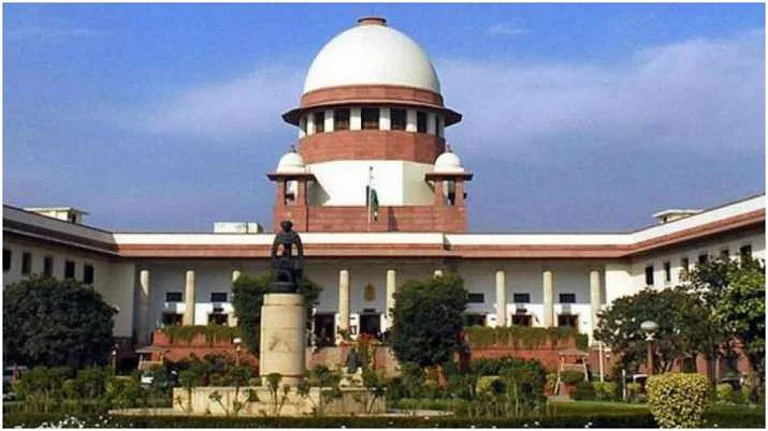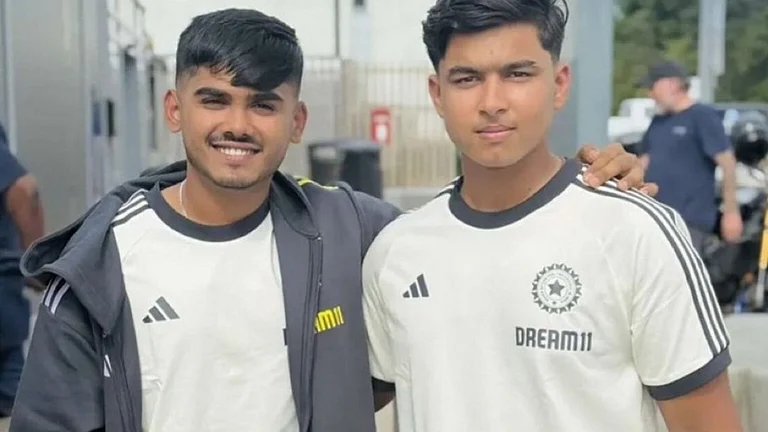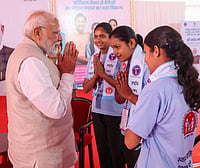“The growing challenge of stroke underscores the need for comprehensive, integrative health strategies,” Prataprao Jadhav, Union Minister of State (IC), Ministry of Ayush and Union Minister of State, Ministry of Health & Family Welfare said on World Stroke Day on Wednesday.
He added that Ayush systems, with their focus on preventive care and long-term rehabilitation, can significantly complement conventional stroke management. “Our emphasis on research collaborations and public awareness can play a transformative role in reducing stroke incidence and supporting sustainable recovery pathways,” he noted.
Vaidya Rajesh Kotecha, Secretary, Ministry of Ayush, added, “Ayush systems collectively offer a holistic framework for understanding and managing complex neurological disorders such as stroke. The Ministry continues to advance collaborative and translational research to scientifically validate and expand the therapeutic potential of Ayush-based interventions, strengthening integrative healthcare for stroke prevention, rehabilitation, and neurological well-being.”
A senior official from the Ministry highlighted the role of traditional systems of medicine in providing holistic, preventive, and rehabilitative care for stroke, a leading cause of death and disability in India. Emphasising an integrative approach, Ayush systems aim to promote systemic balance, enhance resilience, and support long-term recovery alongside conventional medical treatments.
Ayush systems emphasise harmony between the body, mind, and environment. Their preventive philosophy and therapeutic regimens aim not only at disease management but also at enhancing resilience, reducing recurrence, and improving overall quality of life. Integrative approaches are seen as crucial in addressing non-communicable diseases such as stroke, said the official.
Stroke, often described as a “brain attack,” occurs when the brain’s blood supply is interrupted. It may result from a blocked blood vessel (ischemic stroke) or a ruptured vessel causing internal bleeding (hemorrhagic stroke). A transient ischemic attack (TIA), or “mini-stroke,” results from a temporary blockage that lasts for a few minutes.
In Ayurveda, stroke is attributed to an imbalance of the Vata dosha, manifesting as weakness or paralysis, typically on one side of the body. Ayurvedic management focuses on restoring balance through preventive, detoxifying, and restorative therapies that improve circulation, nerve function, and overall vitality.
Studies have also indicated that Homoeopathy can serve as an adjuvant therapy, enhancing neurological recovery, motor function, and post-stroke quality of life, said the officer.























